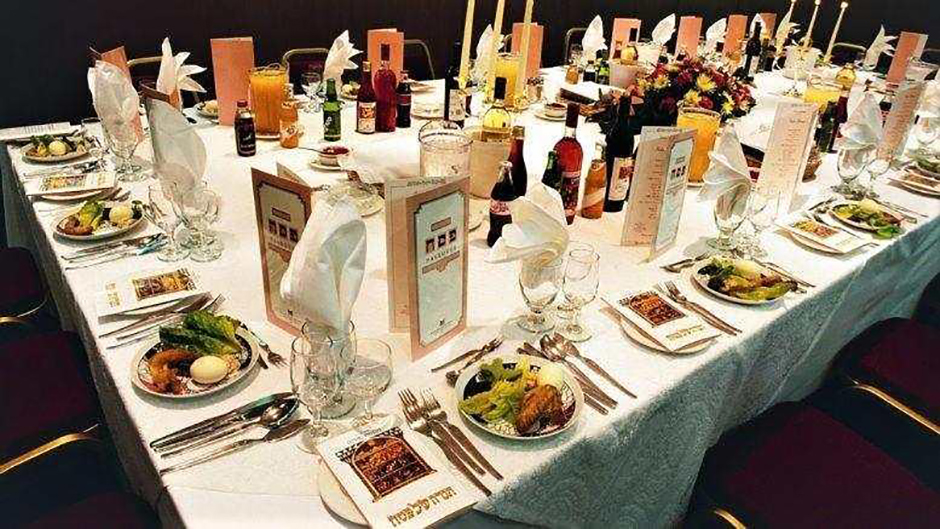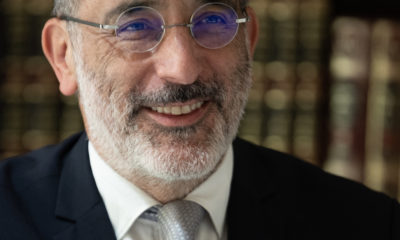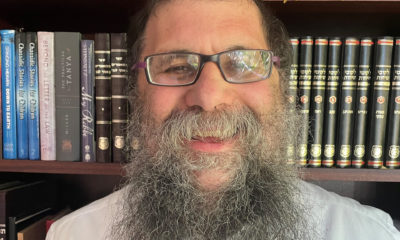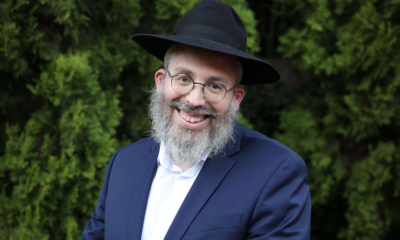
Religion

Why this year isn’t like all others
As South African Jewry gather around the seder table to commemorate the exodus from Egypt this Saturday night, it will also be a poignant reminder of the passing of the country’s first COVID-19 patient who died on this exact day a year ago.
A lot has happened in the year since last Passover, when coronavirus derailed everyone’s Pesach plans. Families hunkered down and held miniature stay-at-home sederim.
Grandparents, usually the guests of honour, were concealed in protective cocoons, deprived of the annual delight of grandchildren regaling them with ancient tales of slavery and redemption.
As sad as we were to be away from friends and extended family, it was a worthwhile price to pay for having a Passover together this year – or so we believed. Little did we know.
Although there was a certain amount of foreshadowing typical of a horror movie, last year, South Africans still had scant idea of what lay in store for them.
There were petrifying scenes coming from hospitals in Europe battling to cope with patients gasping for breath, but they remained far from our backyard.
No one would have believed it then that the death toll would rise from one to more than 52 000 a year later. Or that the number of infections would go from 927 cases (this time last Passover) to the staggering 1.53 million confirmed cases today.
During last year’s Passover, barely two weeks into the novelty of a nationwide lockdown, the country was in a sort of honeymoon stupor of unity and solidarity. It was only later that the lockdown’s devastating, ripple-down economic effects and the seemingly catastrophic impact on people’s livelihoods began to be felt.
For generations Jewish families have gathered for the first night of Passover to recount the 10 plagues – blood, frogs, pestilence, death – and to remember how Hashem delivered the Jewish people from bondage in Egypt thousands of years ago.
This Saturday in homes across the country, families will once again ask why this night is different from all other nights. This year, the plague element of the Haggadah story feels even more real than it did last year. That extra plague – the 11th one – has stealthily crept into our age-old story, adding an unwelcome modern touch – as if one were needed.
Feelings of anxiety 12 months ago have now been replaced with a hollow despair and emptiness after a year of death and dying, isolation, and too much change. While there may be a few extra people around the seder table – given the recent drop in the number of infections since our last COVID-19 surge – we approach this night with a false sense of security.
This COVID-19 yoyo has taken us from one panicked surge to the next sweet lull, making nutcases of us all. As the number of those infected with the virus tapers off, so too does our vigilance and caution. However, there is a looming third-wave cloud on the horizon.
And a fourth and maybe a fifth. Lately, our joy and gratitude has overflowed at weddings, Barmitzvahs, and other simchas that have been hurriedly taking place around the country before the Omer (and the next wave of infections).
That blissful sense of almost normality as music fills the air, is reminiscent of days gone by. But no one can deny it, it’s a joy tinged with foreboding and unspoken dread as winter approaches.
Last year, we were stockpiling toilet paper, this year we wish we could stockpile vaccines – something we hadn’t even dreamt about.
Names such as AstraZeneca, Pfizer, and Johnson & Johnson weren’t part of our everyday vocabulary as they are now. We were still obsessed with phrases like social distancing, hand sanitising, and mask wearing.
We’ve become armchair experts about variants and vaccine rollouts (or the lack thereof!).
Who knows what next year’s Passover will look like.
One thing’s for sure, as we move from micro-seders to slightly more guests this year, it’s the enduring power of this story of freedom and the favourite table-banging melodies of the festival that will give us hope.
Maybe next year in Jerusalem. We just need the airports to stay open.










